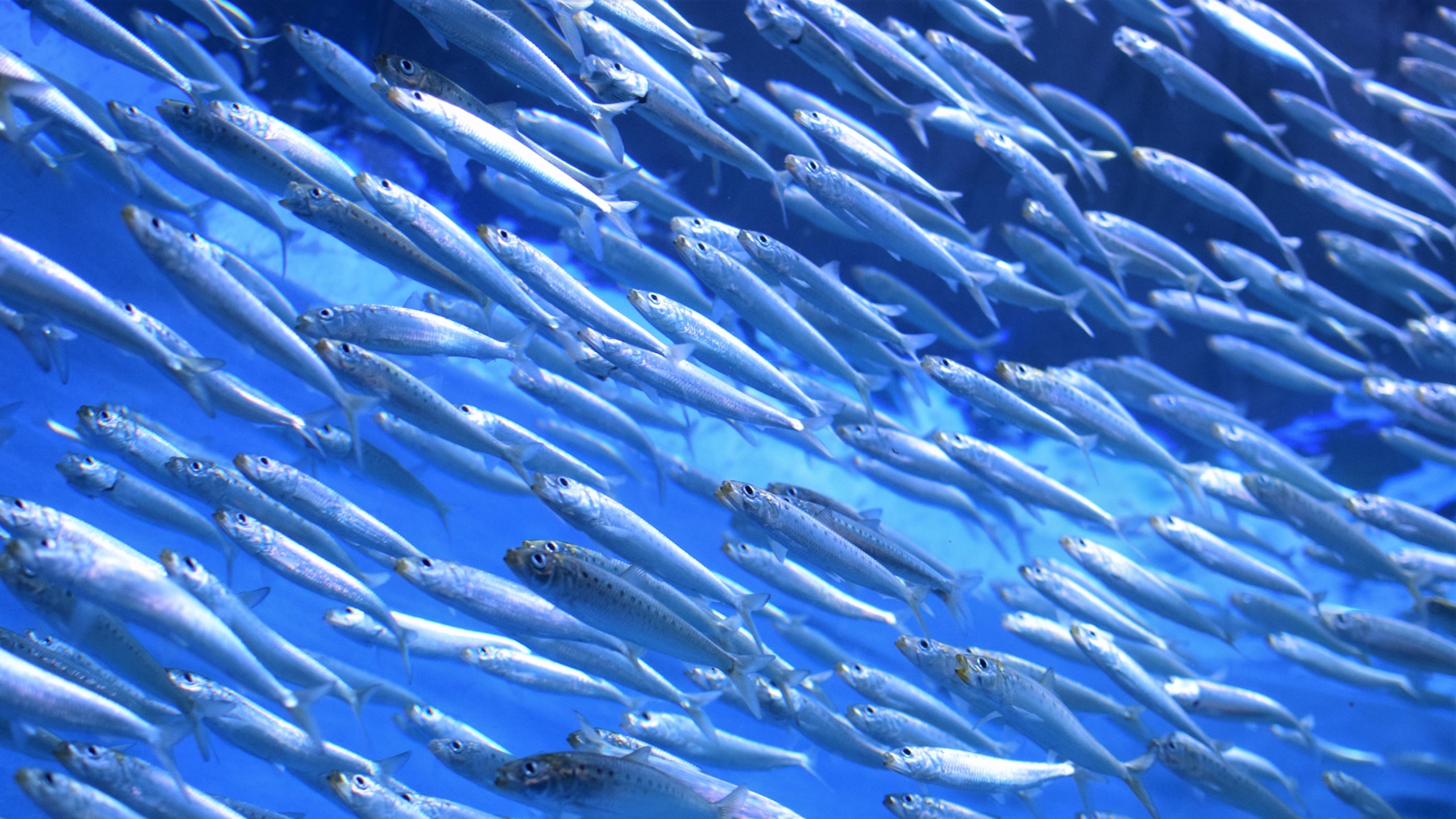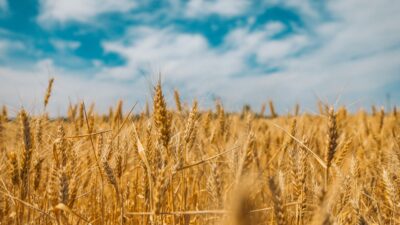Sydney Business Insights

Megatrends watch
Declining fish poo changing ocean carbon balance
A shortage of fish faeces is contributing to shifts in the ocean’s carbon cycle of an equivalent magnitude to that of the impact of climate change on the ocean.
New Scientist, October 2021
Fish poo, a carbon sink
Fish poo is a highly efficient means of carbon storage. Fish faecal pellets are heavier and faster falling than the waste from other smaller sea creatures making it one of the most effective natural carbon sequestration mechanisms on earth. This process locks the carbon deep in the ocean for hundreds of years.
Moreover, deep sea creatures feeding on fish poop also consume oxygen at the same time meaning that fish and their poo are a significant part of the ocean’s delicate chemical balance.
The cycle of ocean life
Prior to the onset of industrial fishing ‘targeted’ fish species (i.e., the ones commercially sought) accounted for 3.3 billion metric tons of biomass in the ocean. Some context: the current weight of human biomass is less than 1 billion metric tons – an indication of the relative importance of fish to the ocean ecosystem.
Before industrial fishing developed (around 1900) fish poo accounted for around 10 percent of biological material sinking to the seafloor. This was a significant contribution to carbon sequestration, nutrient fluxes and ocean chemistry.
By 1990 when industrial fish catch peaked the biomass of targeted species, and their poo, declined by almost 50%.
Why it matters: poo power
The knock-on effect on the deep-sea food web is estimated to be similar in magnitude to impacts caused by anthropogenic climate change on biogeochemical cycling.
And while commercial fishing rates have fallen, about 40% of fish stock are exploited above sustainable levels and 46% of individual stocks’ biomass are falling.
The climate change and resource security megatrend highlights the dangers of loss of habitat and species not just for the human population but also for the role these elements play in sustaining ecological balance. How the whole fish cycle impacts the ocean’s biological pump and seawater chemistry has only just begun to be represented in Earth system models.
Megatrends watch: climate and resource security
Subverting
Stable
Accelerating
This update is part of our Megatrends Watch series, which tracks developments that inform our six global megatrends….
Image: Kate
Sydney Business Insights is a University of Sydney Business School initiative aiming to provide the business community and public, including our students, alumni and partners with a deeper understanding of major issues and trends around the future of business.
Share
We believe in open and honest access to knowledge.
We use a Creative Commons Attribution NoDerivatives licence for our articles and podcasts, so you can republish them for free, online or in print.









